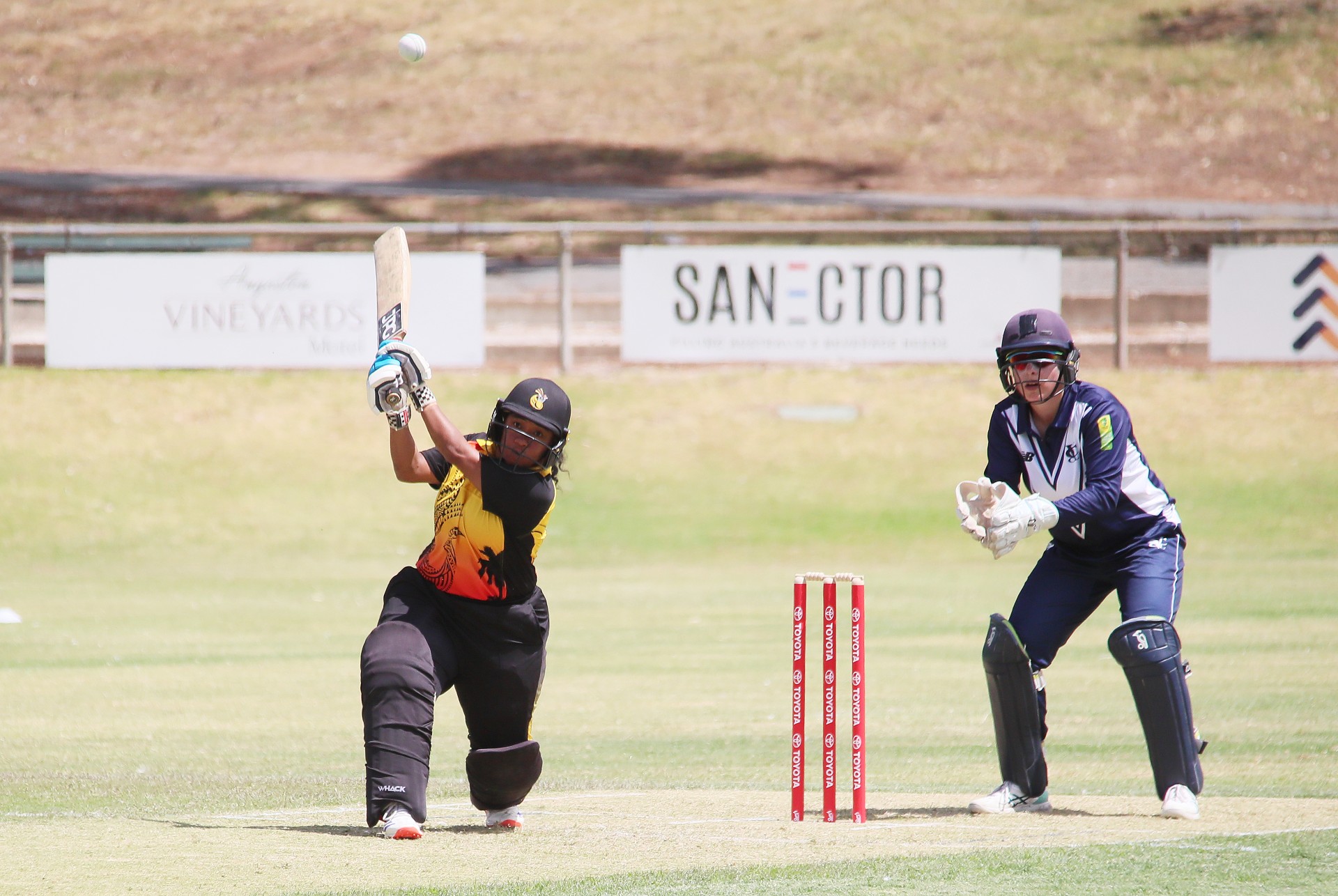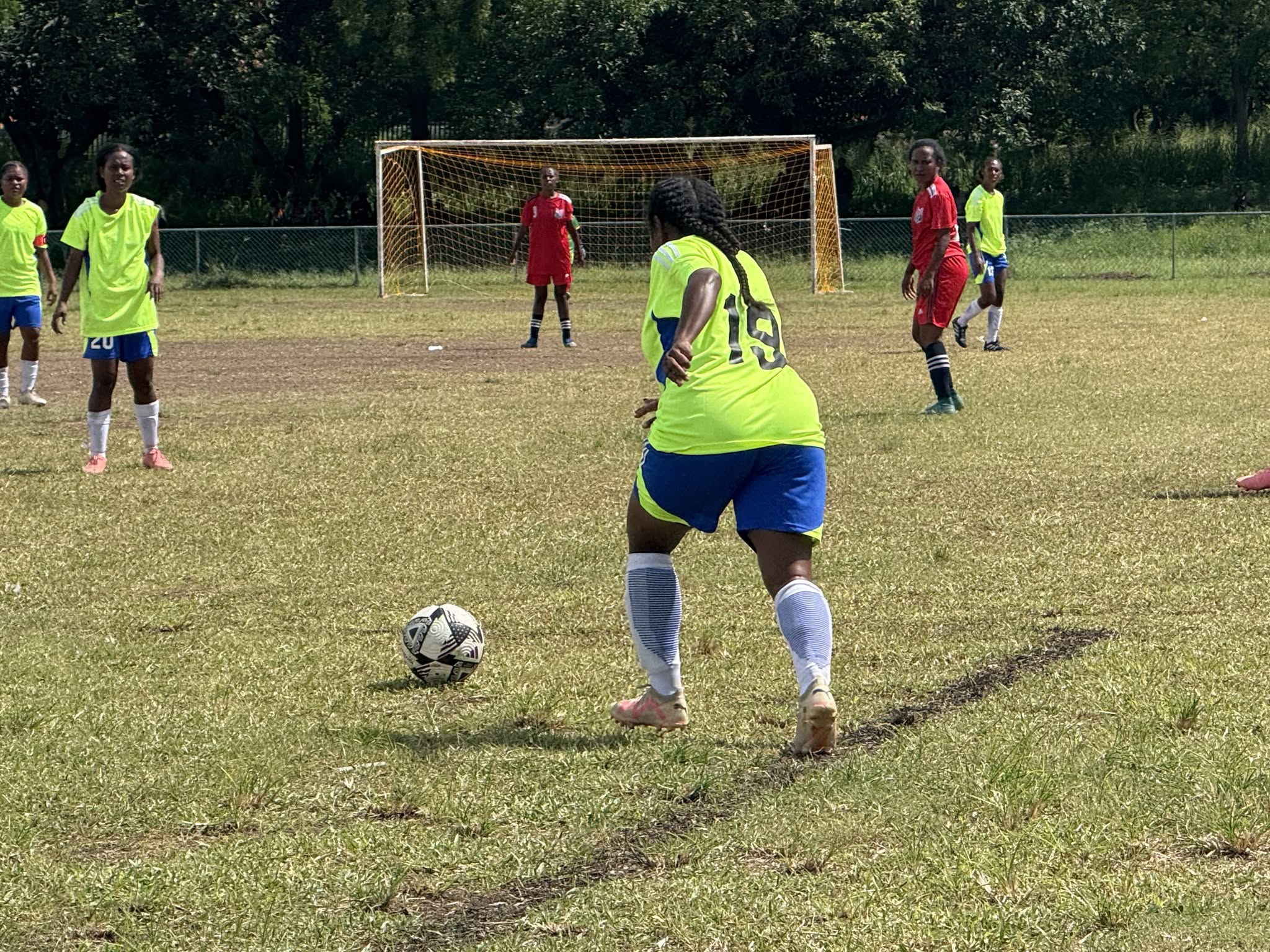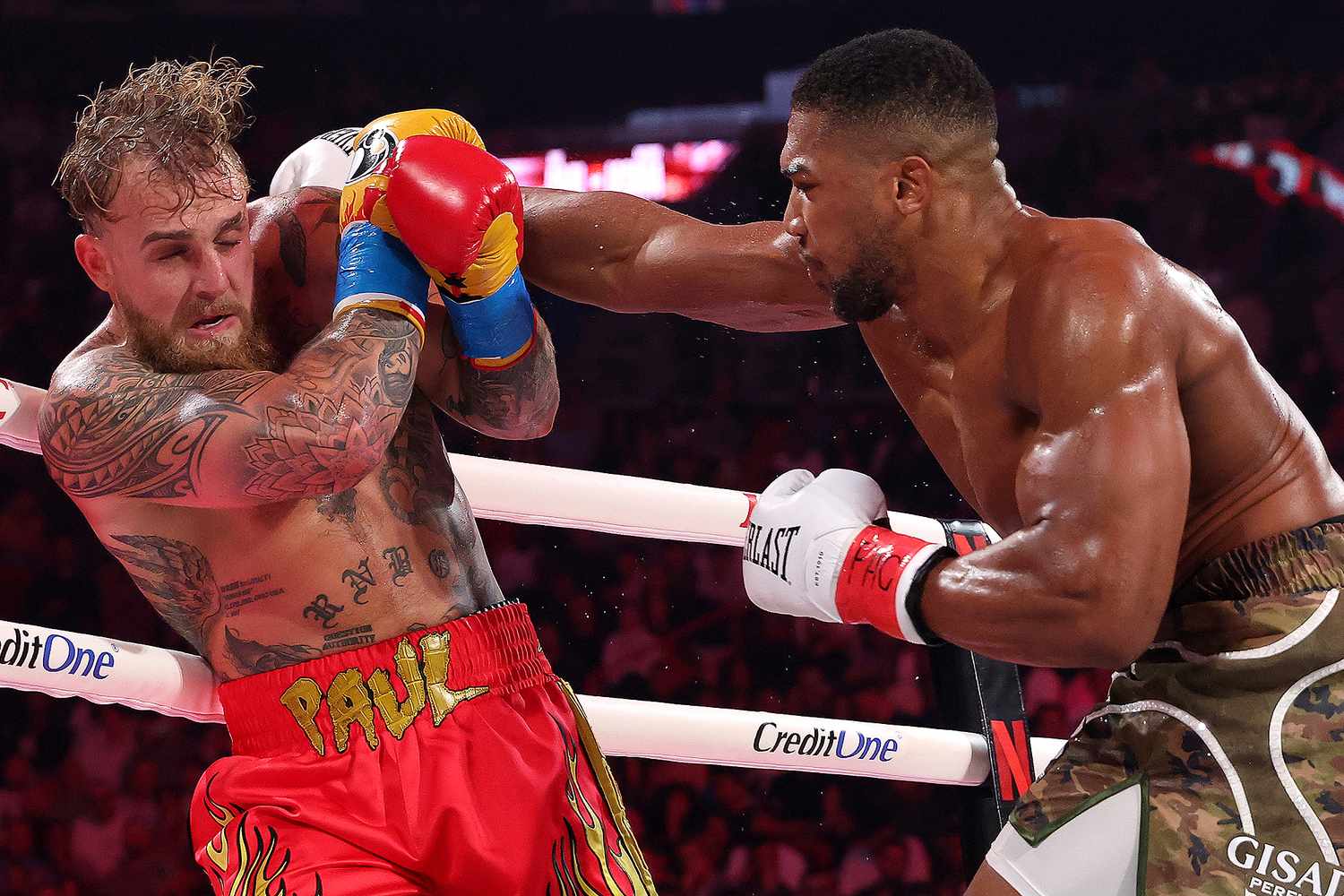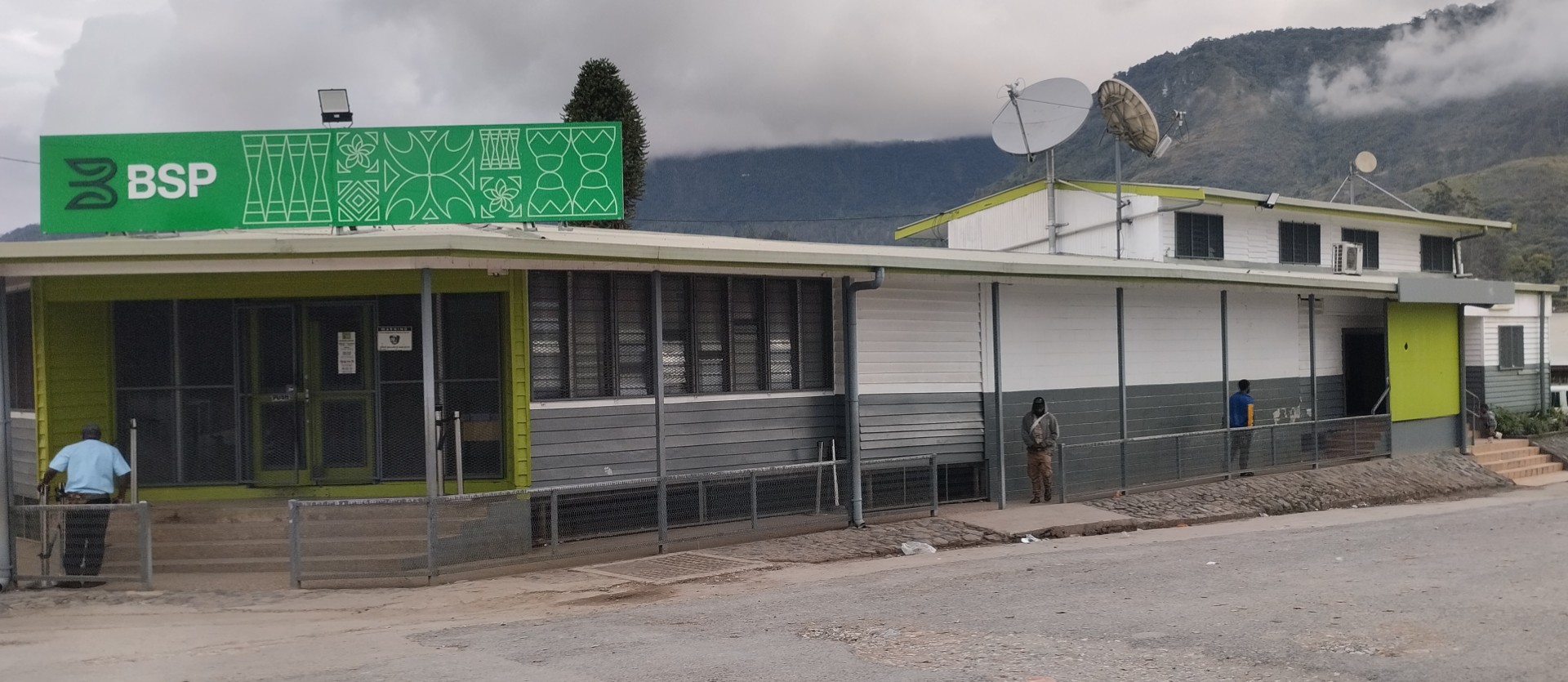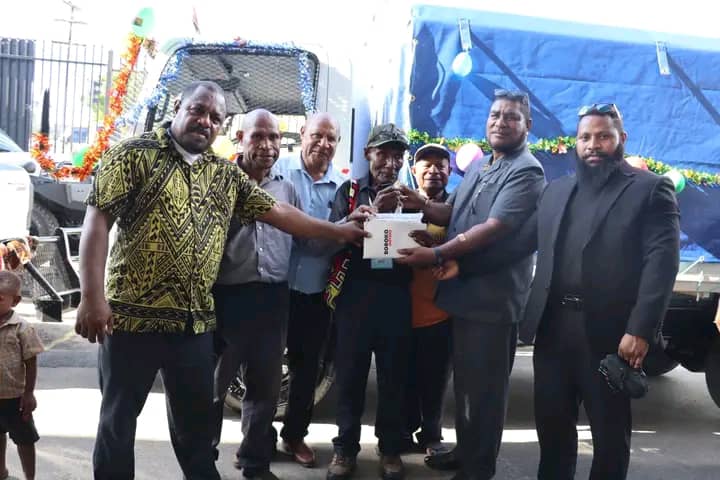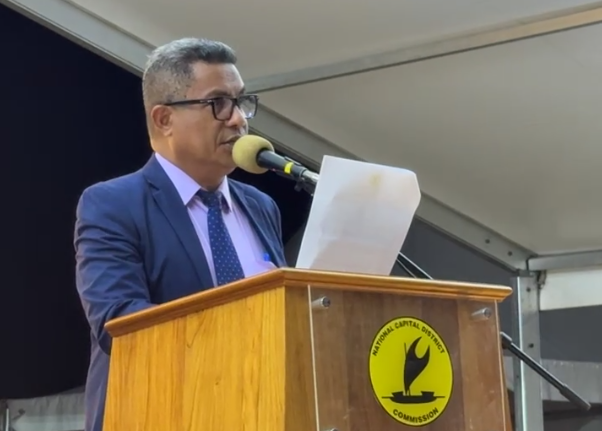
CITY MANAGER REFLECTS ON 2025 AS PORT MORESBY WELCOMES 2026
National Capital District (NCD) City Manager Mr. Ravu Frank has called on residents of Port Moresby ...
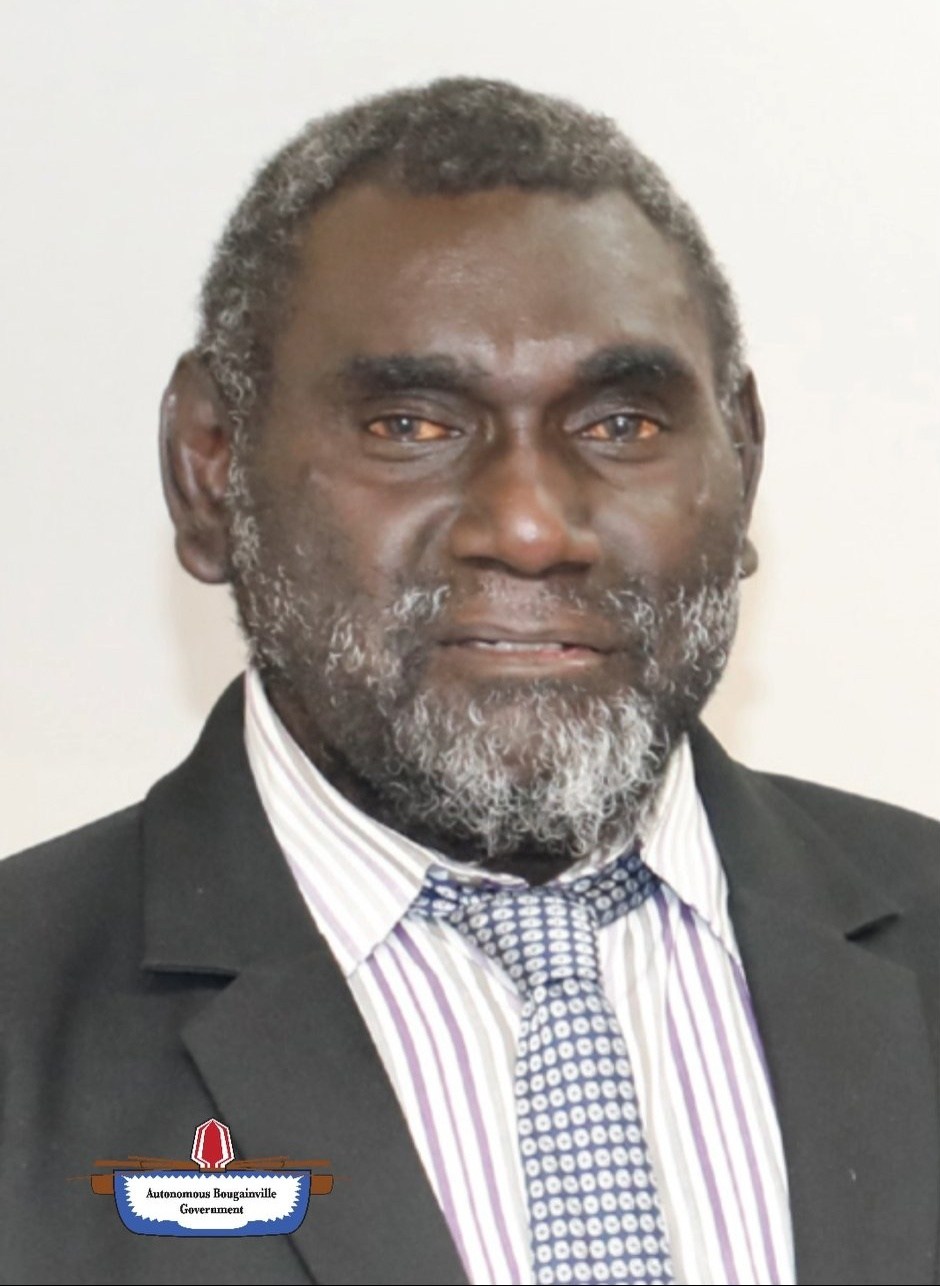
A NEW YEAR OF PROGRESS TOWARD BOUGAINVILLE’S INDEPENDENCE
Autonomous Region of Bougainville President Ishmael Toroama, in his New Year speech to the people of...
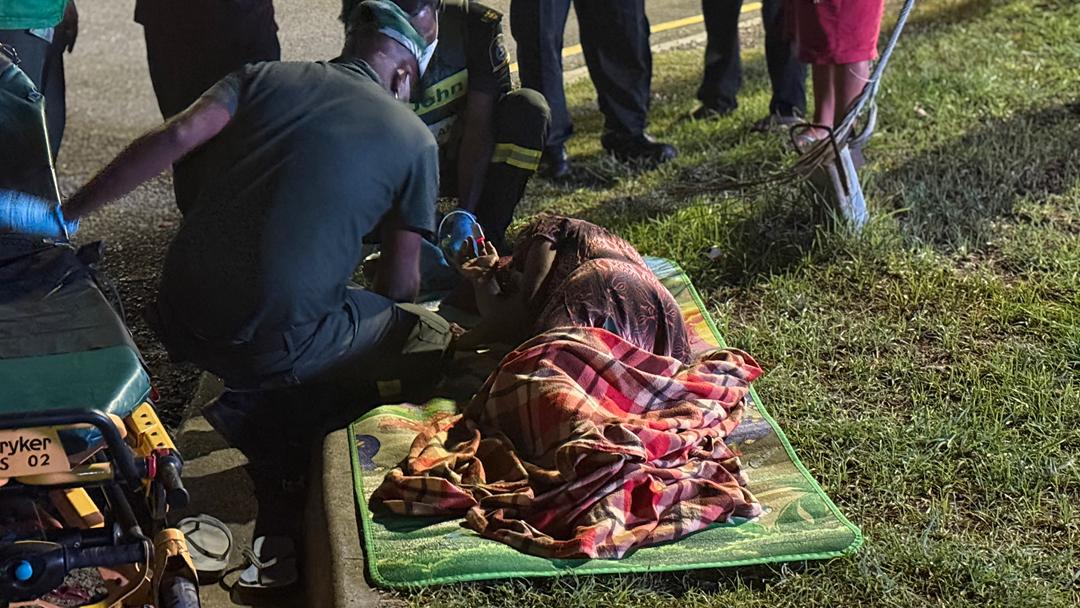
NSTJA RESPONDS TO A SON’S WAVE FOR HELP
Unlike a normal emergency call made through 111, the National St John Ambulance Service (NSTJA) resp...

POLICE CRACK DOWN ON ILLEGAL FIREARMS IN BULOLO
Two youths have been arrested in Bulolo in the Morobe province after police found them in possession...
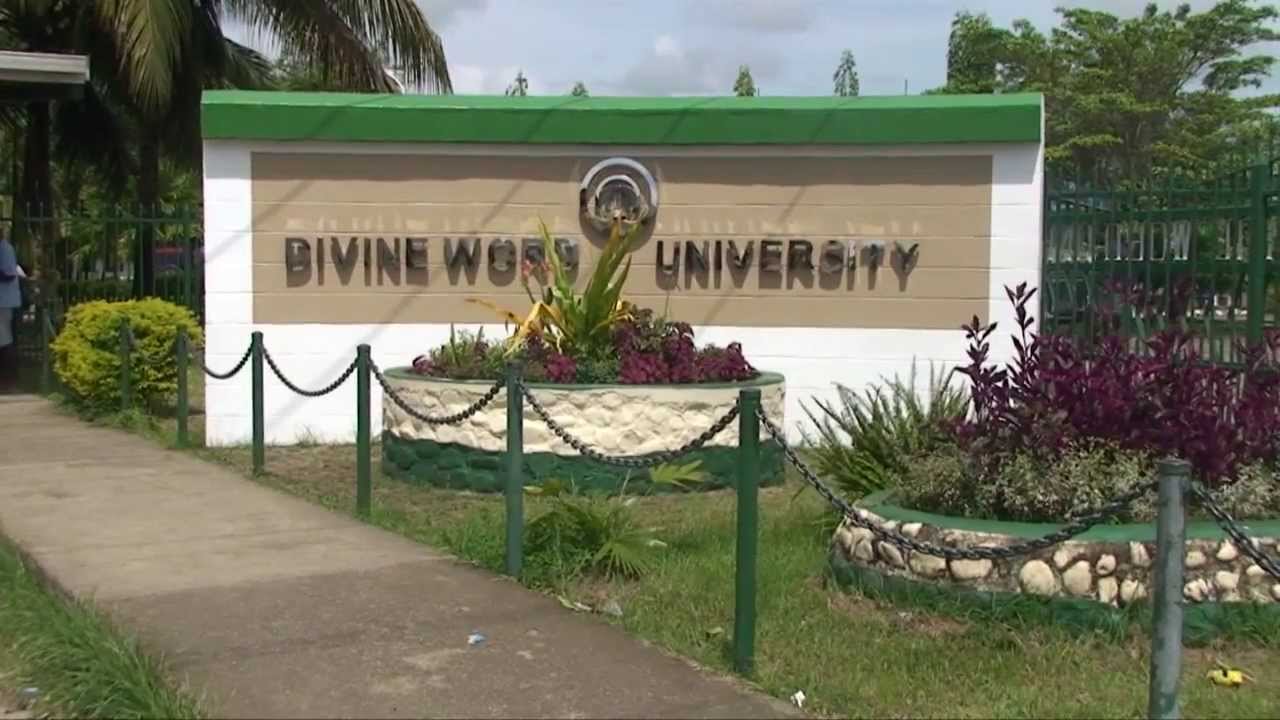
DWU ANNOUNCES 2026 INTAKE LISTS & REGISTRATION SCHEDULE
Divine Word University (DWU) in Madang province has officially released its 2026 Progression, Readmission, and New Intak...
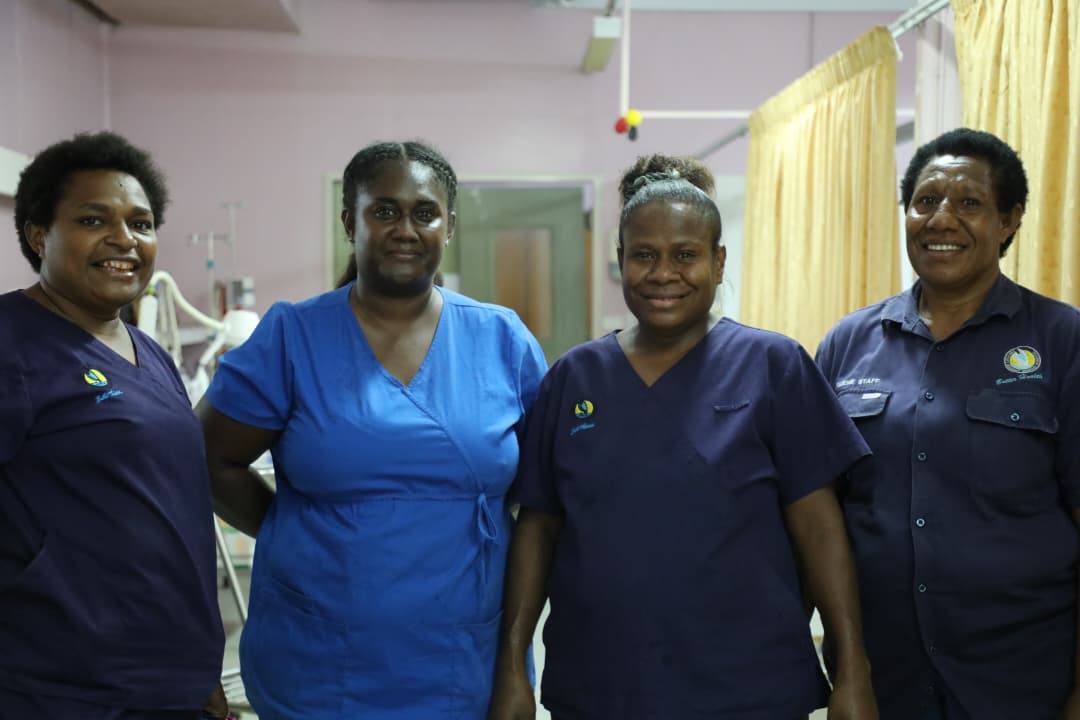
PMGH WELCOMES 23 NEW YEAR BABIES, FROM MIDNIGHT TO MIDDAY
Port Moresby General Hospital (PMGH) has welcomed 23 New Year babies born between midnight and midday on January 1st, 20...
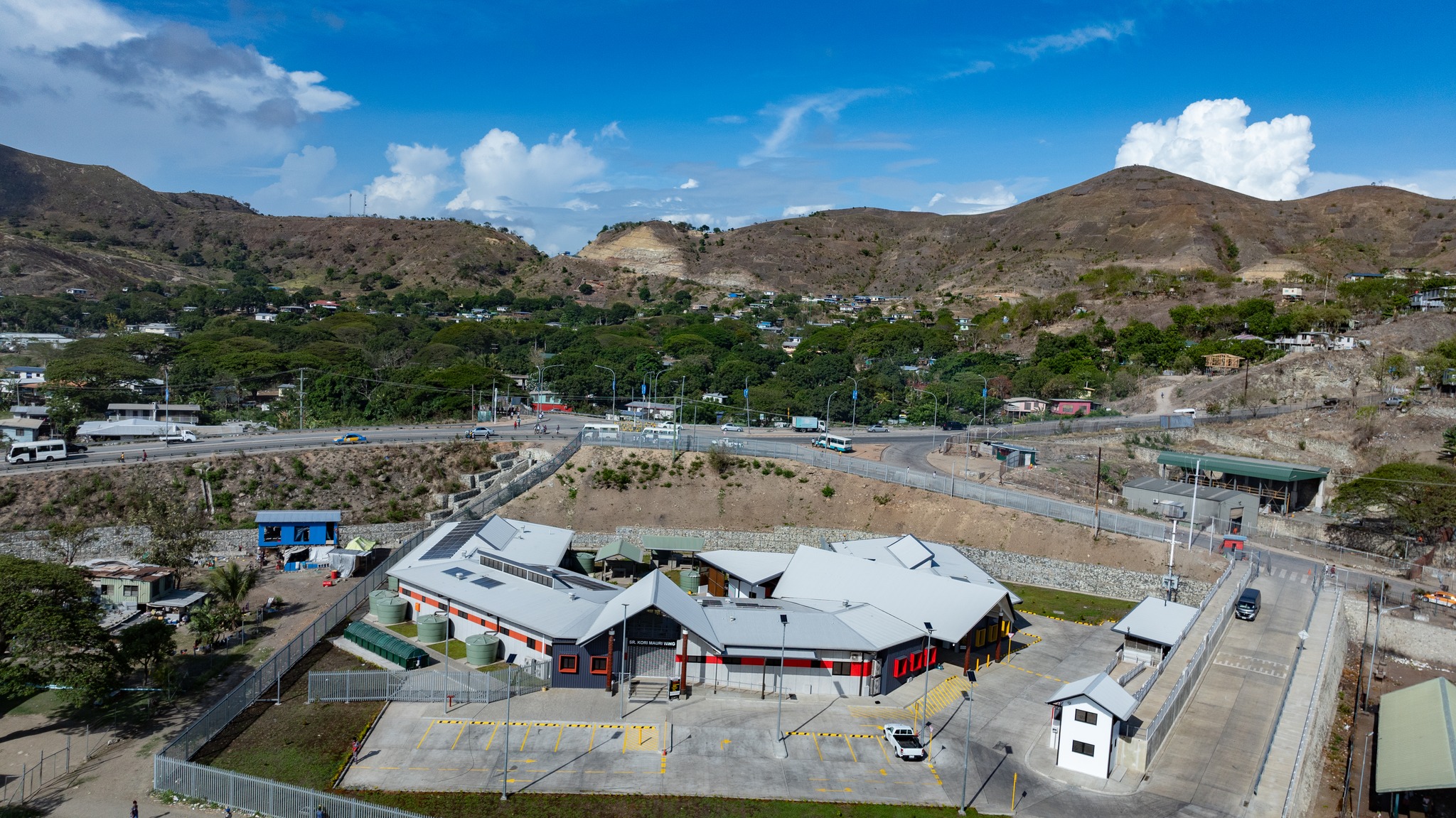
METOREIA HEALTH CENTRE WELCOMES ONE BABY ON NEW YEAR
The Metoreia Urban Health Centre located at the Hanuabada village in the National Capital District (NCD), had a quiet an...

ALL SMALL CRAFTS & BOATS MUST BE REGISTERED
All small crafts travelling into and out of Kimbe, Bialla, Ulamona in West New Britain (WNB), Kolowin to East New Britai...
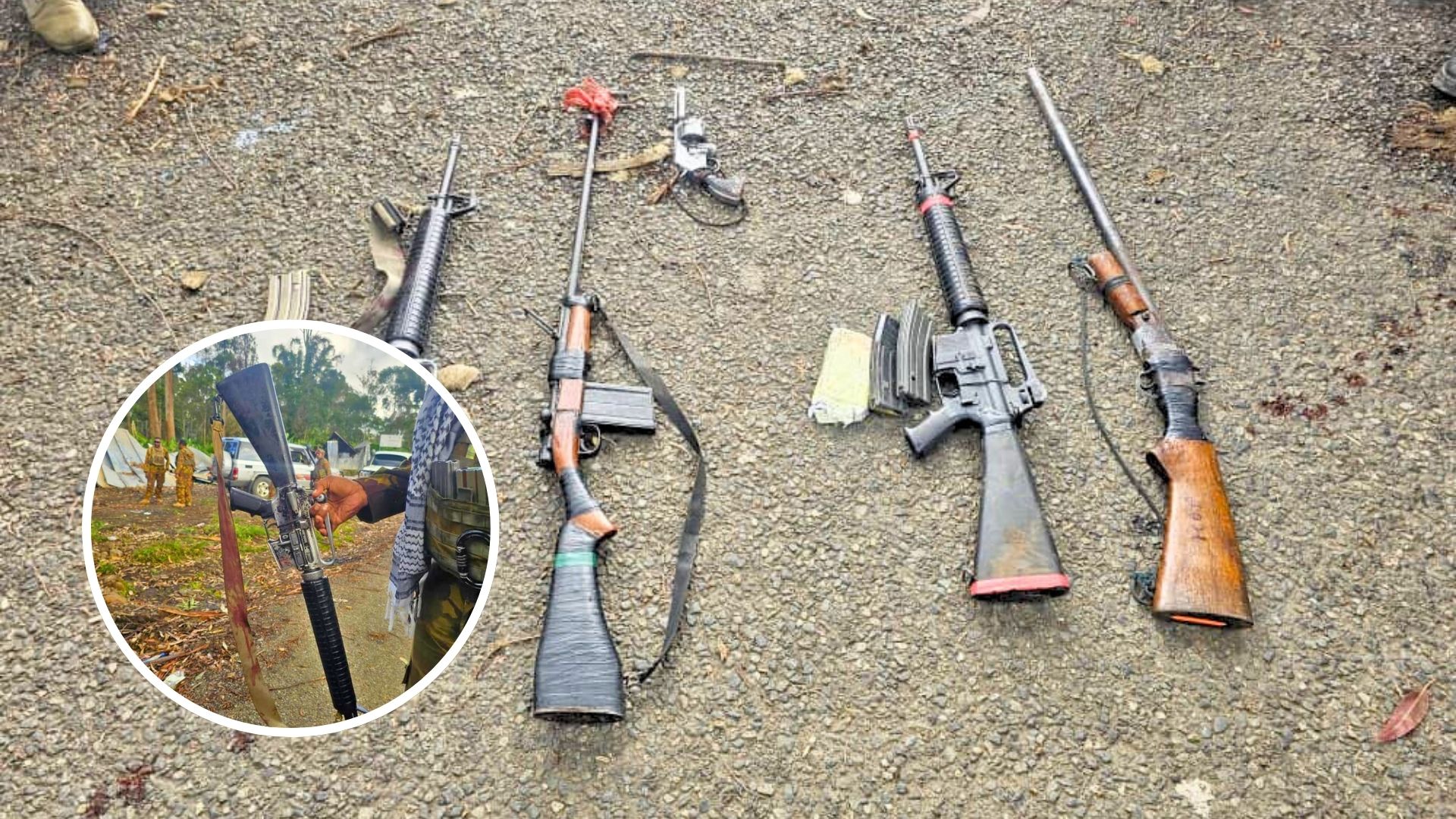
POLICE CONDUCT SUCCESSFUL OPERATION IN TSAK VALLEY, CRIMINALS SHOT DEAD
Police officials have stated that the security operation carried out in Tsak Valley in the Enga Prov...

WNB DISASTER OFFICE CRACKS DOWN ON OVERLOADING SMALL BOATS
Overloading on small crafts or outboard motors is found to be the leading cause for accidents at sea...
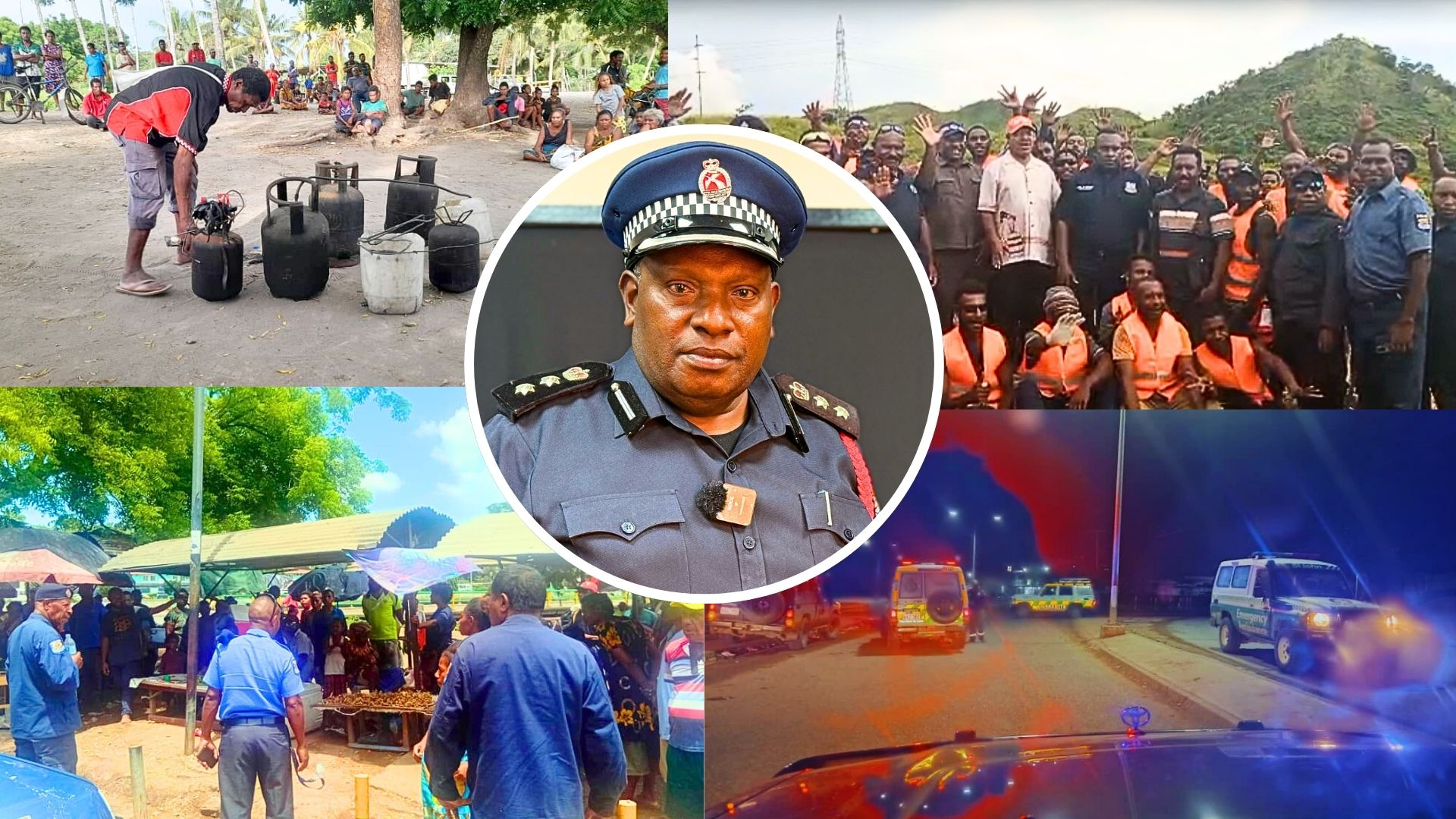
ACP TURI THANKS ALL PARTNERS FOR A PEACEFUL FESTIVE SEASON
Acting Assistant Commissioner of Police (ACP) for NCD and Central, Benjamin Turi, has credited stron...
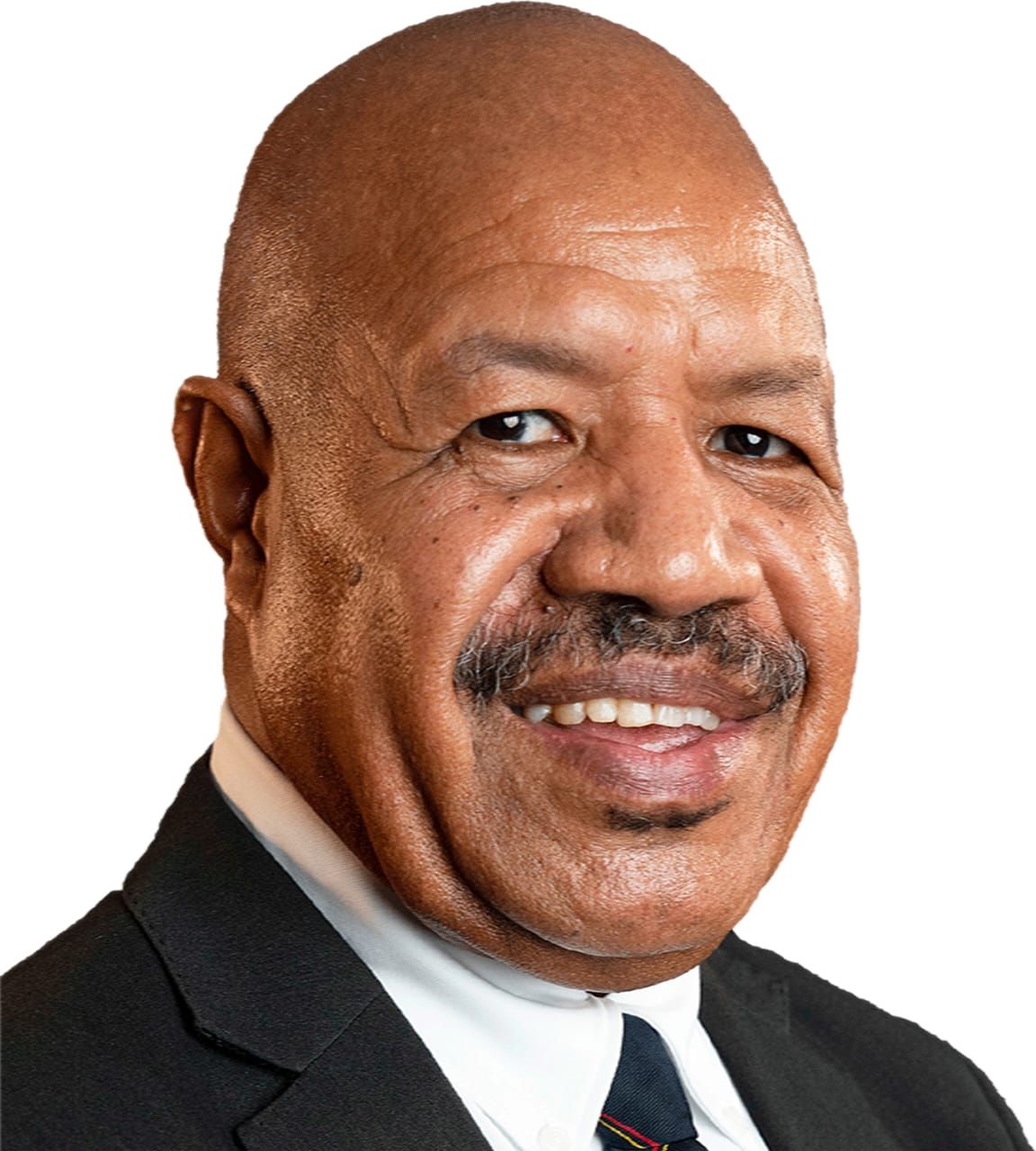
PARKOP CALLS FOR UNITY, PROGRESS & SAFETY FOR WOMEN
Following the conclusion of 2025, National Capital District (NCD) Governor Powes Parkop, took to soc...
SCOREBOARD
| Date | Time | Team | Score | Team |
|---|---|---|---|---|
| Loading... | ||||
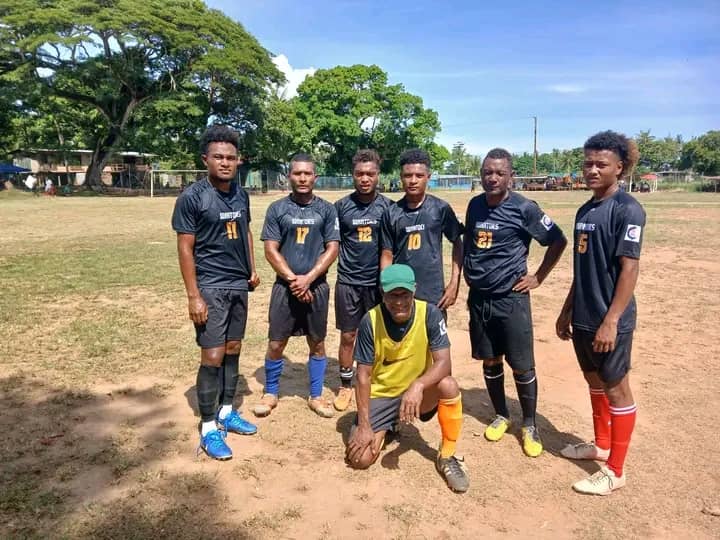
KAPAROKO HOSTS ANNUAL 7S SOCCER TURNAMENT TO END 2025 ON A HIGH NOTE
A three-day soccer tournament featuring 13 teams concluded on December 31st, 2025, in Kaparoko villa...

NCD LAUNCHES INAUGURAL GOVERNOR’S NETBALL CUP
Port Moresby is making strides in women’s sports with the recent launching of the inaugural Govern...

PNG TARGETS GLOBAL SUCCESS IN TOUCH FOOTBALL
The Federation of International Touch (FIT) has wrapped up 2025 as one of its most successful years,...
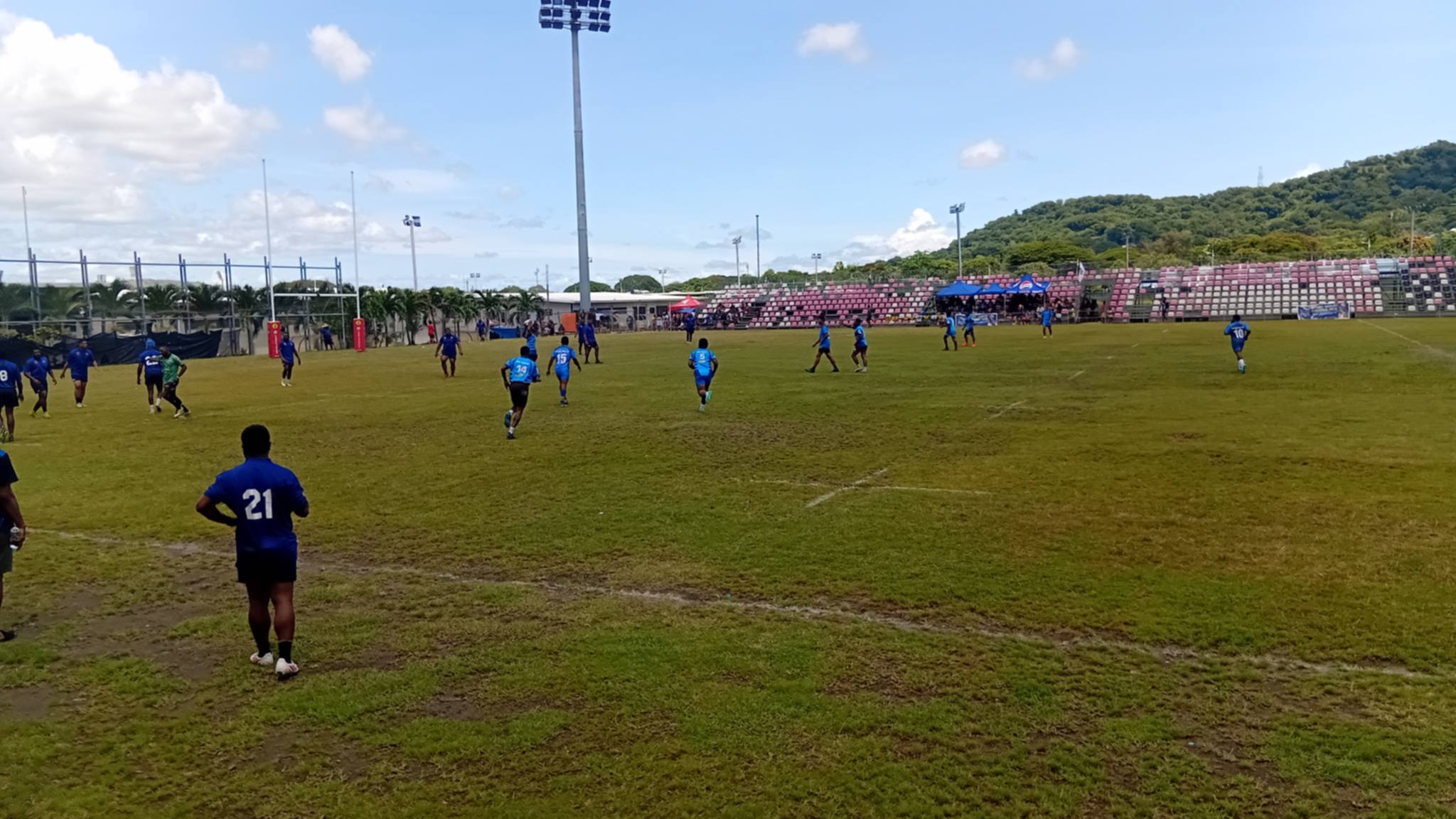
RHINOS SYDNEY WESLEY TOURNAMENT OFFICIALLY KICKS OFF
The Rhinos Sydney Wesley Tournament has officially commenced with the kickoff today in Port Moresby ...
Skelim Pilai with E'lle Gore Yasi & Jordan Vela
Subscribe
KENYA CULT DEATH
Kenyan police have exhumed 47 bodies near the coastal town of Malindi, as they investigate a pre...
NZ PILOT'S WEST PAPUAN KIDNAPPERS STILL DEMAND NEGOTIATION
Separatists in Indonesia's Papua region who took a New Zealand pilot hostage in February have to...
FENTANYL- A KILLER DRUG'S TRAIL OF DESTRUCTION
Fentanyl is a deadly, synthetic opioid, 50 times more powerful than heroin. Americans are dying ...
TWITTER TO BE PART OF A PAID SUBSCRIPTION
The New York Times has lost its blue tick on Twitter after it said it would not pay to remain ve...

MAGGI PROMOTION - SPONSORED ARTICLES
Sponsored

MAGGI GOLDEN TICKET PROMO WINNER: THOA ORA (PORT MORESBY)
Mr. Thoa Ora is currently one of the lucky individuals who scored a hefty K50, 000 win in Maggi’s ...
Aseneth WAIDE • November 24, 2025Sponsored
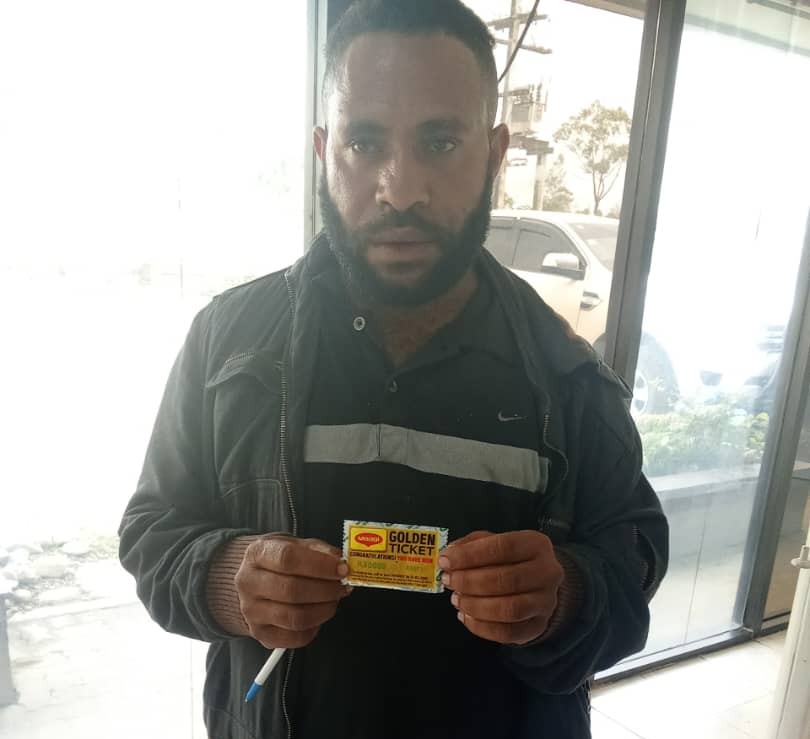
MAGGI GOLDEN TICKET PROMO WINNER: KINI YAKORIA (MT HAGEN)
Mr. Kini Yakoria was among the few lucky names who recently scored big in the ongoing Maggi Golden T...
Aseneth WAIDE • November 24, 2025Sponsored

SON’S NOODLE CRAVING TURNS INTO MAGGI GOLDEN TICKET WIN
What started as a simple craving for noodles turned into an extraordinary stroke of luck for local b...
Jordan VELA • October 30, 2025Sponsored

DOUBLE BLESSING FOR COSMAS, THE MAGGI GOLDEN TICKET WINNER
It’s a double celebration for Cosmas Koemparea from Pomio District, East New Britain, who has won ...
Jordan VELA • October 17, 2025STATION VIDEOS
TOK BLO TOK
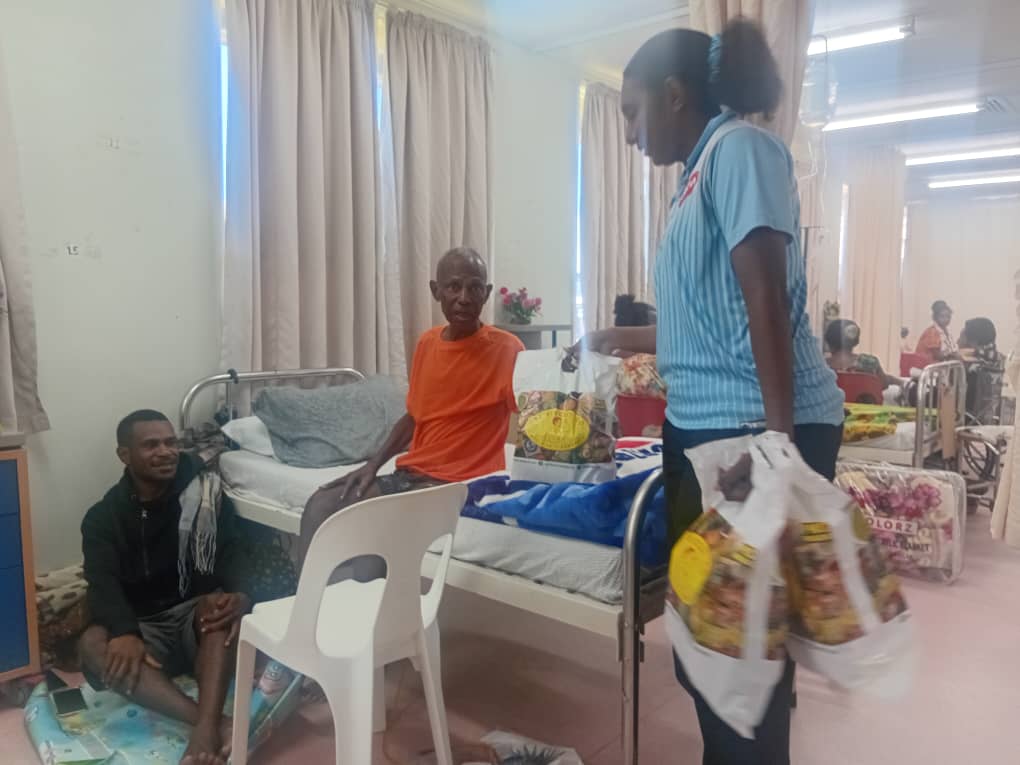
CHRISTMAS KINDNESS LIFTS SPIRITS AT ANGAU HOSPITAL
Patients at Angau General Hospital in Lae city received a boost of comfort and cheer after Lae Biscu...

PACTRADE SHOWS HEART FOR CHILDREN WITH CANCER
Pactrade has extended the festivity cheer to children at the paediatric cancer ward at the Port More...

MISS MAY HASOLA: LIFE AFTER MBOP
For former Miss Bird of Paradise, May Hasola, life after passing on the crown has been one of reflec...

KOPKOP COLLEGE CLIMBS NAITONAL RANKINGS ON VALUES-DRIVEN CULTURE
Kopkop College has surged into Papua New Guinea’s top ten private schools, crediting its success t...







